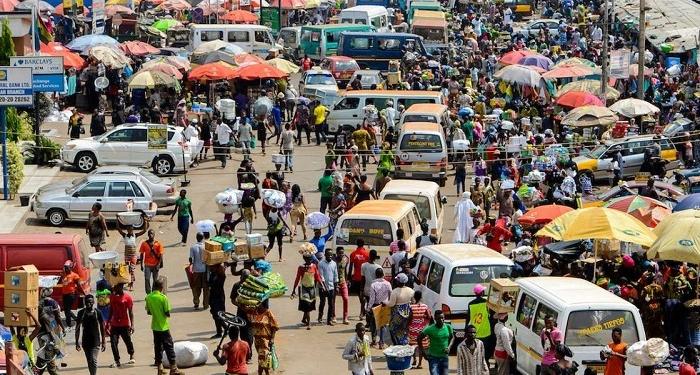Ghana’s 2025 Revenue Growth to Slow as Expenditure Tightens
Ghana’s total revenue for 2025 is projected to reach GH¢209.3 billion, representing 17.2% of GDP, according to IC Research. This marks a significant deceleration in revenue growth to 16.1% year-on-year, compared with the estimated 33.8% increase for 2024.
On the expenditure side, total spending on a commitment basis is forecast to hit GH¢240.9 billion, equivalent to 19.8% of GDP in 2025. Expenditure growth is expected to slow sharply to 10.4% year-on-year, a marked reduction from the 32.2% year-on-year increase anticipated for 2024.
The International Monetary Fund (IMF) has tied these expenditure forecasts to the assumption of full debt restructuring. It has also stressed the importance of enhanced fiscal responsibility and tighter expenditure controls.
IC Research interprets the projected drop in the expenditure-to-GDP ratio—from 20.7% in 2024 to 19.8% in 2025—alongside a flat revenue-to-GDP ratio, as evidence of the government’s post-election fiscal consolidation efforts.
Treasury Bills Deemed Safe Amid Debt Restructuring Concerns
IC Securities has reiterated that Ghanaian treasury bills (T-bills) remain a safe investment option for short-term liquidity management, confirming that they will not be included in the government’s debt restructuring programme.
This assurance aligns with the government’s position that T-bills were excluded from the Debt Sustainability Analyses underpinning Ghana’s comprehensive debt restructuring strategy.
“Given these reassurances, and our view that T-bills are sacrosanct for financial stability, we reiterate our position that Ghanaian T-bills remain safe for short-term investment and liquidity management,” IC Securities stated.
The government’s reliance on the domestic treasury market for funding since its 2022 loan default had stoked fears that T-bills might eventually be restructured. These concerns appear to have been alleviated as the restructuring programme nears completion, further solidifying T-bills as a cornerstone of Ghana’s financial stability.
The country’s fiscal framework in 2025 will be closely watched as policymakers navigate the delicate balance between stabilising public finances and sustaining investor confidence in a post-debt-restructuring environment.








